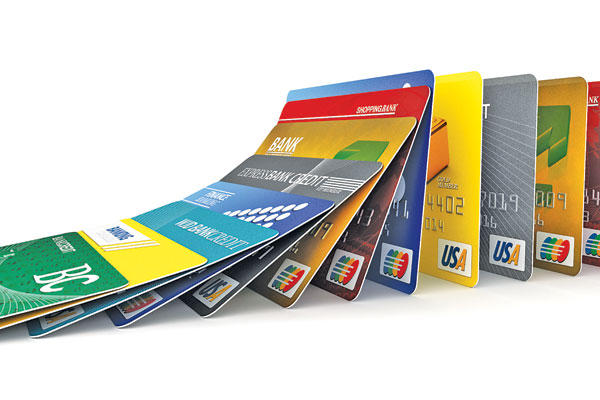Many merchants and large department stores offer their customers credit cards with a “cash back” option, hoping that the credit cards will entice their customers to do more of their shopping in their particular store, and charge their purchases with the credit card in order to receive the cash back reward instead of making purchases with cash.

The two most common forms of cash back programs will either provide cardholders with a credit to their credit card balance when a purchase is made using the card, or the cardholder will receive coupons in the mail to use in the store during the next visit in order to receive a certain dollar amount off their total purchase price.
The actual dollar amount of “cash back” reward you receive will depend on the terms and conditions of the program itself, which vary from card to card, as well as the actual amount you charge on the card that offers the cash back incentive. Cash back credit cards are extremely popular with department stores, because the only way a cardholder can benefit from receiving cash back is to make purchases using the credit card in their store.
If you are deciding whether or not a cash back credit card is the best option for your spending habits and credit needs, consider whether or not you are a frequent shopper in any particular department store. If you tend to do a lot of shopping in a store that offers a cash back program, it makes sense for you to obtain their cash back credit card. The trick to using a cash back credit card, which tend to have a higher interest rate than a card without the cash back program, is to make purchases each month on the card that you will be able to pay off on a monthly basis. You’ll receive the rewards, and pay minimal interest on the purchases since you are paying them off on a regular basis.
Not all cash back credit cards are limited to a specific store, however. There are some credit card companies who offer a regular Visa or MasterCard that can be used everywhere credit cards are accepted and who offer cash back reward programs for spending done using the card.
If you are a person who doesn’t really shop in one specific store all of the time, you’ll want to research the credit cards that are not store specific that offer the cash back rewards. Be sure to research the terms and conditions of the card completely before signing up, as many cash back credit cards require you to pay an annual fee, have much higher interest rates than cards without cash back rewards, and in some cases- the credit card may require you to carry a balance from one month to the next in order to receive the cash back benefits, which means that you will probably pay more in interest than you will receive in cash back credit.
Try to determine how much money you plan to charge on the credit card throughout the year, and then following the conditions of the cash back program, figure out how much cash back those purchases are likely to earn you. Once you have these numbers, you’ll be able to decide whether or not the annual fee you pay for the cash back credit card is worth the cash back you actually receive. If your annual fee is significantly higher than the amount you estimate you’ll receive in cash back, you’d be better off selecting a credit card with lower interest and no annual fee that does not offer the cash back rewards.






